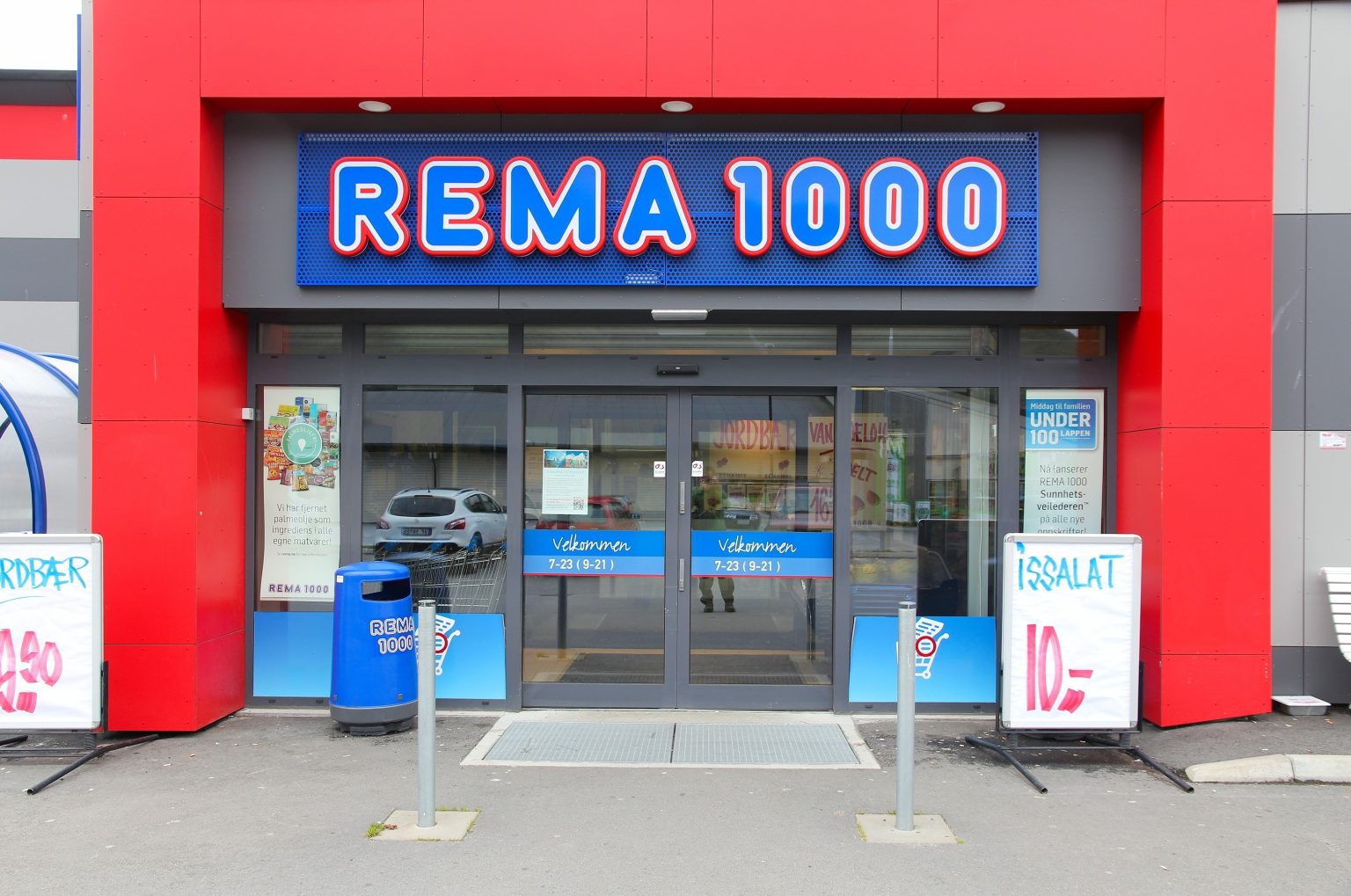Norway’s competition authority has reduced the proposed fines lodged against the country’s three largest retailers in a so-called “price hunting” episode.
In a case dating back to 2020 and beyond, Norgesgruppen, Rema 1000 and Coop Norge have been given until 2 May to state their objections to the revised fines, which now total a preliminary Nkr4.9bn ($450.6m).
Competition regulator Konkurransetilsynet imposed a combined Nkr21bn on the three retailers in 2020 following a 2018 investigation, which suggested they colluded to determine prices.
“At the same time, the assessment of a possible restriction of competition by effect continues. The size of the preliminary fines announced today demonstrates the seriousness of the case.”
Ahead of the May deadline, Konkurransetilsynet added that no final decision has yet been made on the proposed fines, which amount to Nkr2.3bn for Norgesgruppen, Nkr1.3bn on Rema and Nkr1.3bn for Coop.
Back in 2020, the fines lodged stood at Nkr8.8bn, Nkr4.7bn and Nkr4.8bn, respectively.
Ingvill Størksen, the director of policy and government relations at Coop, said in a statement posted on its website, that the retailer is “still completely misunderstanding [of] the claims” made by the regulator over the claimed breach of competition rules.
“There is tough competition in the grocery market and the use of price hunters has had a positive effect on the competition,” Størksen added.
“This benefits the consumers, who own Coop through membership in various cooperatives, in the form of low prices and a good selection. We must now familiarise ourselves thoroughly with the new and preliminary additional notice from the inspectorate and the rationale for this.”
Konkurransetilsynet has reiterated its claims that the trio of grocers allowed each other’s “price hunters” to enter stores and gather information on prices, a practice it said “restricted competition” and pushed up prices.
Tina Søreide, the regulator’s director general, said in a statement: “The Competition Authority considers that the previously announced preliminary fines should be reduced, partly because the case is no longer being investigated as a so-called by object violation of the competition act.
